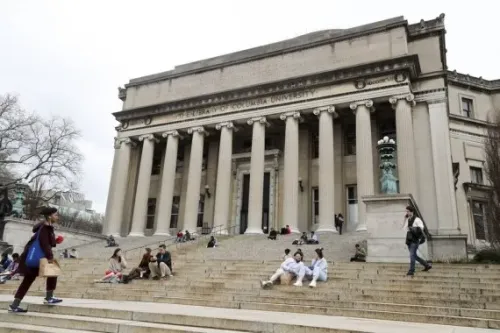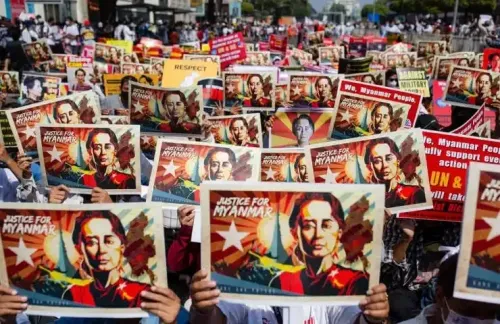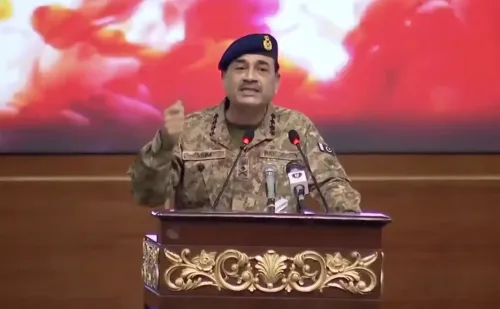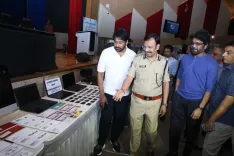Does the Yunus Government Harbor a 'Visceral Hatred' for Hasina and the Awami League?
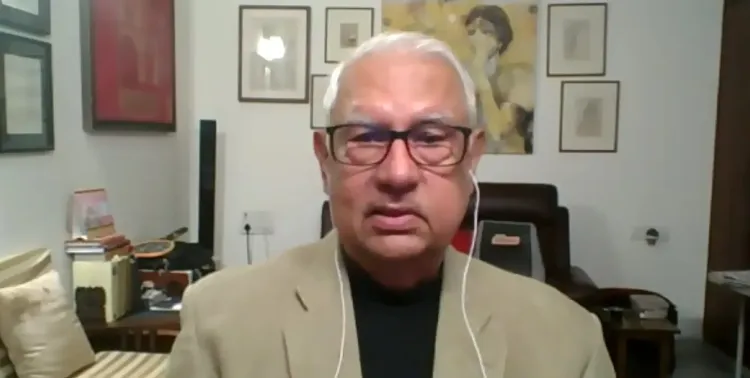
Synopsis
Key Takeaways
- Political instability is rising in Bangladesh following Hasina's conviction.
- The interim government lacks popular support.
- Political vendetta claims could lead to violence.
- Upcoming elections face significant challenges.
- India must tread carefully in its diplomatic relations.
New Delhi, Nov 17 (NationPress) The former High Commissioner of India to Bangladesh, Pinak Ranjan Chakravarty, labeled the sentencing of former Prime Minister Sheikh Hasina as “political vendetta”, claiming that those currently in power in Dhaka harbor a “visceral hatred” for her and the Awami League party.
In an interview with IANS, Chakravarty expressed that the interim government of Bangladesh, led by Chief Advisor Muhammad Yunus, lacks popular support and cautioned that the verdict against Hasina could incite further unrest in the nation.
When questioned about the fairness of the death sentence rendered to Sheikh Hasina, he stated, “I think by all accounts, it is political vendetta, which they have been pursuing for quite some time because people who are in power in Dhaka have a visceral hatred for Hasina and the Awami League for a few reasons.” He elaborated that the Jamaat-e-Islami party, which is influential now, participated in the protests and is pressuring the government to impose severe punishments like the death sentence due to their leaders being convicted by a tribunal set up by Hasina for past atrocities.
Chakravarty added, “They blame Hasina for revenge and now they seek revenge.” Additionally, he noted that students are also motivated by feelings of revenge, citing excessive force used during protests that resulted in numerous casualties. Moreover, he pointed out that Professor Yunus himself, who has had personal grievances with Hasina, is part of this vengeful coalition.
The former diplomat's comments followed a ruling from Bangladesh's International Crimes Tribunal (ICT) that sentenced Sheikh Hasina to death for crimes against humanity related to last year's protests. Hasina has denied all allegations against her.
Regarding the political climate in Bangladesh, Chakravarty assessed, “I think we have seen over the last 17-18 months that there has been an interim government which lacks any popular support in the sense that it is not elected.” He warned that the ruling against Hasina could lead to increased violence and instability in Bangladesh.
He expressed skepticism about the upcoming elections scheduled in February, suggesting they may not be conducted fairly as those in power may seek to maintain their control, seeing the Awami League as a significant obstacle due to its continued grassroots support.
In May, the interim government of Bangladesh enforced a gazette notification prohibiting all activities of the Awami League and its affiliates under the Anti-Terrorism Act until the party's trial in the ICT concludes.
When asked how India should approach its relations with Bangladesh amidst these changing dynamics, Chakravarty replied, “We have been dealing in a low key manner with this current government because as a neighbour, we have to deal with the government who is sitting in Dhaka for carrying on day-to-day activities.” He acknowledged that no significant actions have been taken due to the expectation that this government would eventually transition out.
Meanwhile, Deepak Vohra, India's former Ambassador to Poland, remarked that the ICT's verdict would not alter existing relations, emphasizing the strength of India's ties with Hasina.

